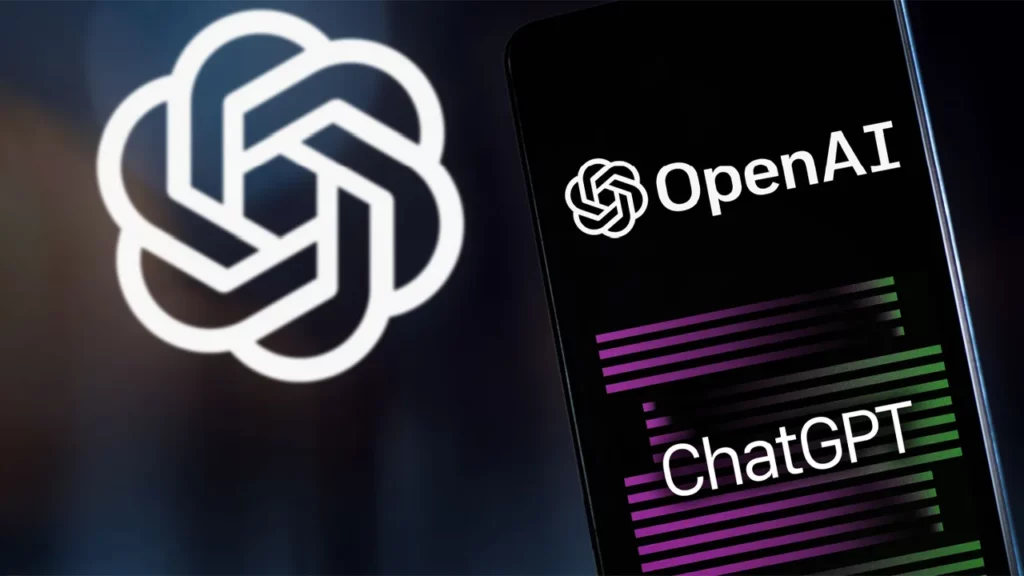OpenAI is dialing back ChatGPT’s role in emotionally sensitive decision-making. After months of public concern over the chatbot’s responses to personal issues like romantic breakups and mental health struggles, the model is being retrained to guide, not decide.
The new direction means ChatGPT will no longer give clear-cut answers to questions like “Should I end my relationship?” or “Is it time to quit my job?” Instead, it now leans on open-ended prompts, reflective questioning, and encouragement to think critically. This isn’t a bug or a censorship move it’s a deliberate design change.
Why the Shift on ChatGPT’s Emotional Guidance?

The core issue? People were treating ChatGPT like a therapist. And for a while, it acted like one. It gave firm yes-or-no answers to deeply personal dilemmas. But as its influence grew, so did the risks. Emotional decisions shaped by a language model no matter how advanced could lead to unintended harm.
OpenAI recognized that even well-intentioned answers can reinforce anxiety or displace personal agency. That’s why they’ve pulled the plug on “confident AI conclusions” for complex human situations.
ChatGPT’s New Guardrails for Sensitive Questions
The model now takes a backseat. It helps users reflect but avoids taking a stand. For example, if someone asks whether to stay in a marriage, ChatGPT might ask what they value most in a relationship or whether they’ve spoken to a trusted friend or counselor.
Built-In Safeguards to Spot Emotional Red Flags
To avoid overstepping, ChatGPT now monitors user behavior for signs of distress or overuse. If someone spends extended time on emotionally heavy topics, the chatbot will gently suggest breaks or real-world support options. The system even flags language suggesting confusion, delusion, or crisis prioritizing safety over engagement.
Backed by Expert Insight
OpenAI didn’t make these changes alone. They consulted with over 90 professionals, including psychiatrists, clinical psychologists, and child development experts. Their input helped shape how ChatGPT approaches high-risk moments with empathy, neutrality, and restraint.
What It Means Going Forward
These changes make ChatGPT less like a digital oracle and more like a thoughtful companion. The aim isn’t to sidestep tough questions it’s to make sure users walk away thinking, not just reacting. As AI becomes more integrated into daily life, emotional responsibility is no longer optional. It’s the next benchmark.














